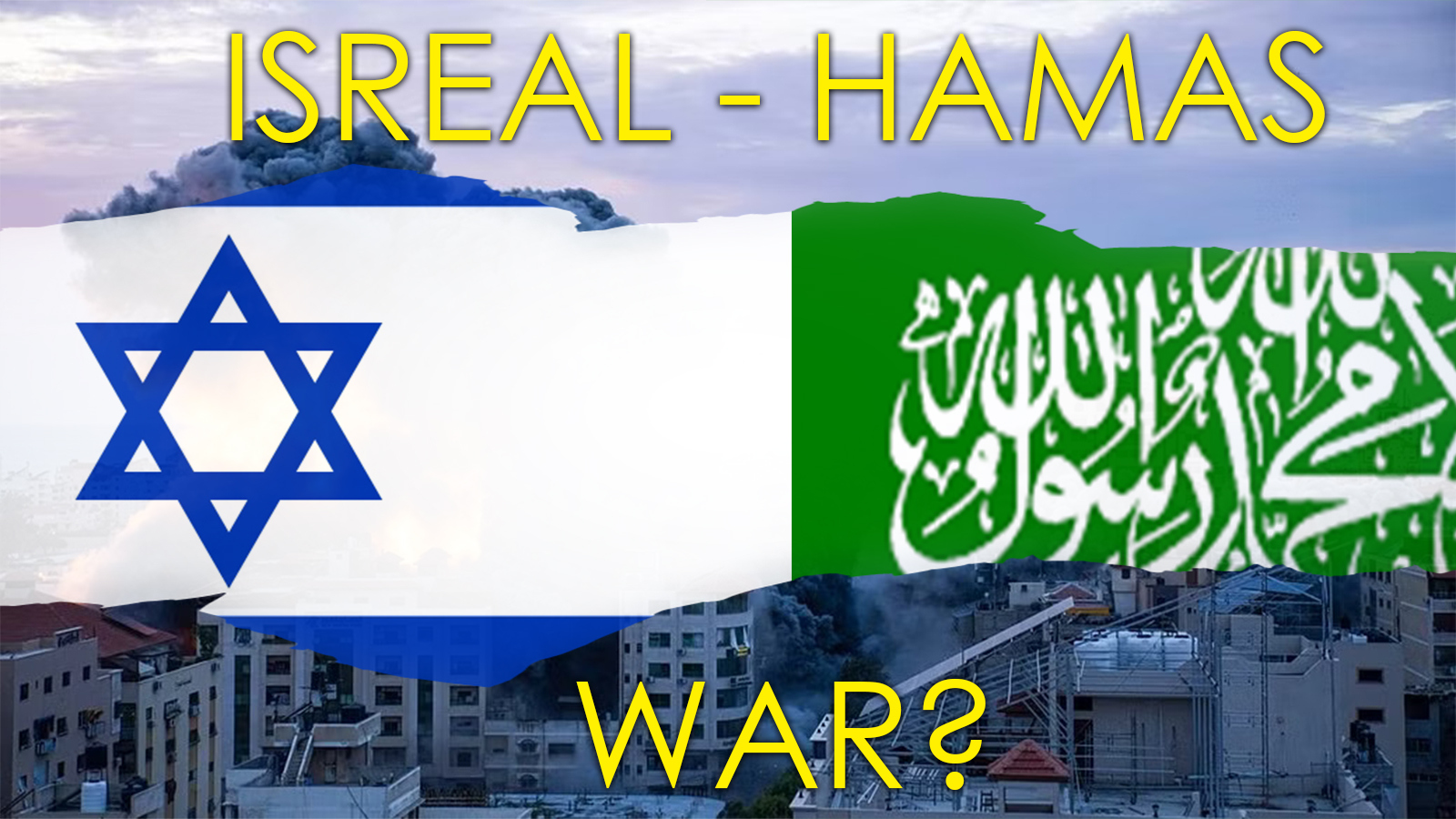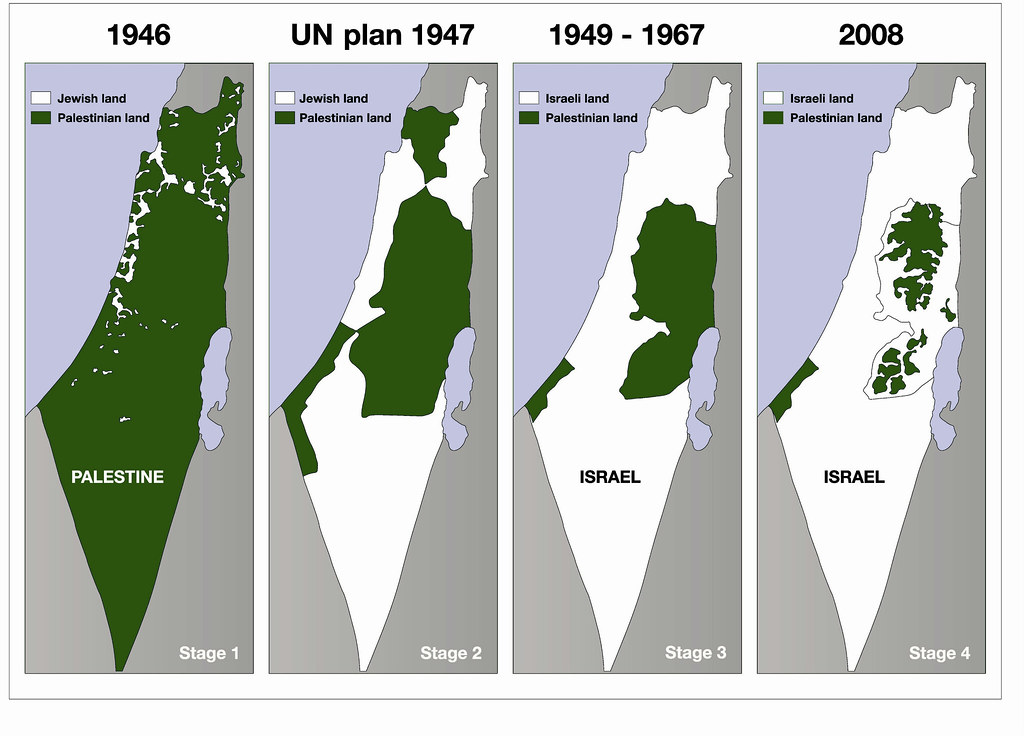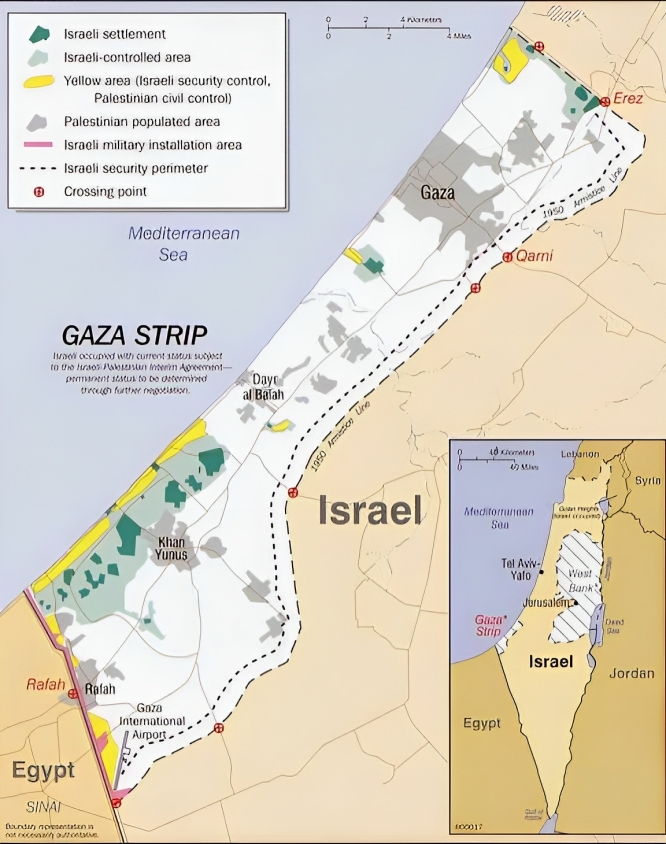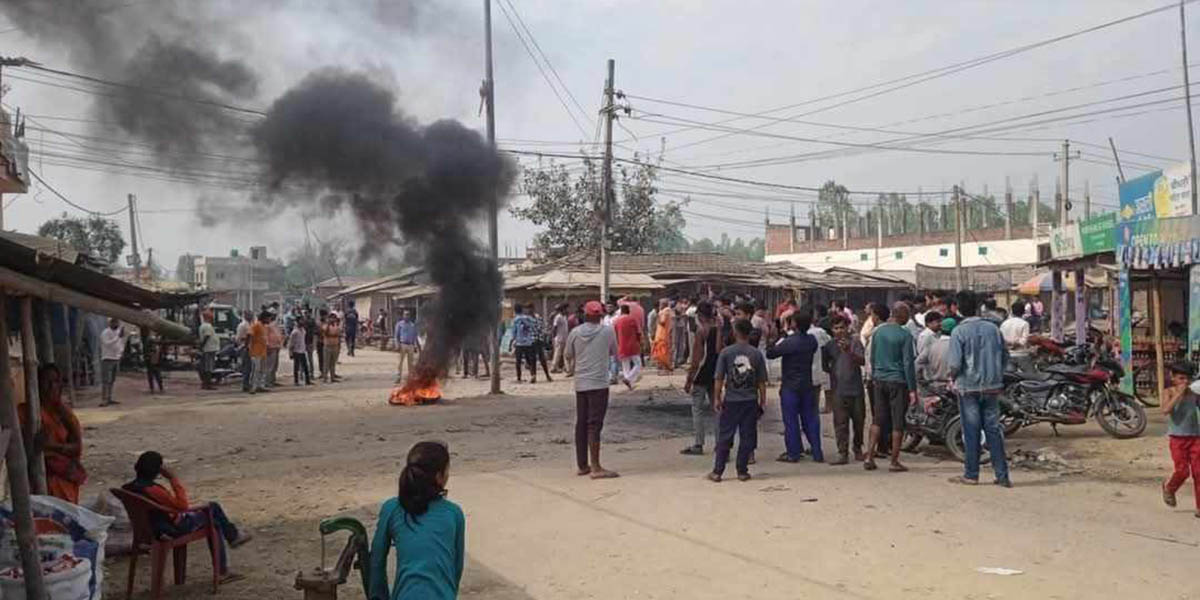Israel\'s Declaration of War: Al Aqsa Storm Shakes the World – Exploring the Truth, Consequences, and Global Impact

Israel's Declaration of War: Al Aqsa Storm - A Detailed Report
How this all had started?
On October 7th, 2023, a devestating event unfolded in Israel, coinciding with a Jewish holiday. As Jewish people gathered to read the Torah, one of the holiest texts in Judaism, an unexpected and devastating turn of events occurred. On this fateful day, Hamas launched a staggering 5000 rockets towards Israel, leading to Israel's declaration of a "state of war." The consequences of this declaration were immediate and dire, as citizens were advised to seek shelter from the impending bombings. Despite the remarkable defense system known as the "Iron Dome," designed to intercept incoming rockets, at least 250 people lost their lives, with over 1500 wounded, and many more taken hostage. Shocking videos of brutality emerged, including the capture, killing, and public display of a woman from the Israeli military. This crisis has been dubbed the "Al Aqsa Storm," initiated by Mohammed Deif, the leader of the military wing of Hamas, who called upon all Palestinians to stand against Israel, declaring, "enough is enough." This report aims to delve into the truth behind this conflict, its historical context, and its global implications.
Historical Background

The Israel-Palestine conflict has persisted for the last 75 years, marked by sporadic bouts of violence. However, the term "WAR" carries a unique weight in this context. To understand the gravity of the situation, it is crucial to examine the history of this prolonged conflict.
Hamas: The Militant Organization

Central to the current crisis is Hamas, a militant organization that has controlled the Gaza Strip since 2006. Hamas, deemed a terrorist organization by the United States, European Union, and several other countries, aims to resist Israeli occupation. Their objective extends beyond just the Palestinian territories to the entire state of Israel, making their stance highly contentious. Over the past three decades, Hamas has been involved in numerous violent acts against Israel, resulting in substantial casualties.
Israel's Defense: The Iron Dome
To protect its citizens from rocket attacks, Israel developed the Iron Dome, a mobile air defense system, in 2011. This system employs radar, command systems, and missile launchers to detect and intercept short-range missiles in mid-air, preventing them from causing harm on the ground. During the 2012 conflict, the Iron Dome successfully intercepted 85% of the rockets fired, underscoring its significance in Israel's defense against Hamas.
Historical Parallels: 1973 Yom Kippur War
The recent attack on Israel holds historical significance, reminiscent of the 1973 Yom Kippur War. Unlike the current threat posed by Hamas, this war involved Arab countries, Egypt and Syria, attacking Israel on a Jewish holy day, Yom Kippur. The war's outcome hinged on international support, with the United States backing Israel, and the war's high cost in terms of lives and injuries underscores its significance.
Operation Al Aqsa Storm and the Al Aqsa Mosque
Hamas named its operation "Al Aqsa Storm," referencing the Al Aqsa Mosque, a holy site in Jerusalem revered in Judaism, Islam, and Christianity. The operation was initiated in response to what Hamas claims to be Israeli armed forces' violence around the Al Aqsa Mosque. Recent Israeli raids in the West Bank have resulted in over 200 deaths, but the circumstances surrounding these fatalities are fiercely contested.
Global Implications
The Israel-Palestine conflict has international ramifications, with major world leaders and nations offering their perspectives. India, France, Germany, Italy, and others have condemned the recent attacks and expressed support for Israel's right to self-defense. This ongoing conflict poses a threat to the India-Middle East corridor, a significant global cooperation project. If the situation in the region continues to deteriorate, it could jeopardize this project and hinder economic development.
Conclusion
In the midst of this crisis, it is essential to remember that war is a perilous situation with far-reaching consequences. The conflict between Israel and Palestine has caused immense suffering for both sides and has drawn international attention. While understanding the complexities of the situation is important, it is equally crucial to condemn violence and terrorism unequivocally. As the world watches the events unfold, the hope remains that a lasting resolution can be found to end the cycle of violence and suffering in the region.
YOU MAY ALSO LIKE THIS
Top Free AI Websites in 2025 and Their Key Features
Artificial Intelligence continues to revolutionize how we work, create, and communicate, and 2025 offers an impressive array of fr..
1 Day Ago
2025 Global Entertainment Industry Sees Rising Streaming Subscriptions..
The global entertainment industry in 2025 continues to evolve rapidly with streaming platforms leading the way in reaching new aud..
3 Day Ago
Global Carbon Emissions Hit Record High in 2025 Despite Climate Effort..
In 2025, global carbon dioxide emissions from fossil fuels reached a record high, increasing by 1.1% compared to the previous year..
3 Day Ago

_1763308546.png)
 (1)_1763140461.png)
_1763140142.png)

